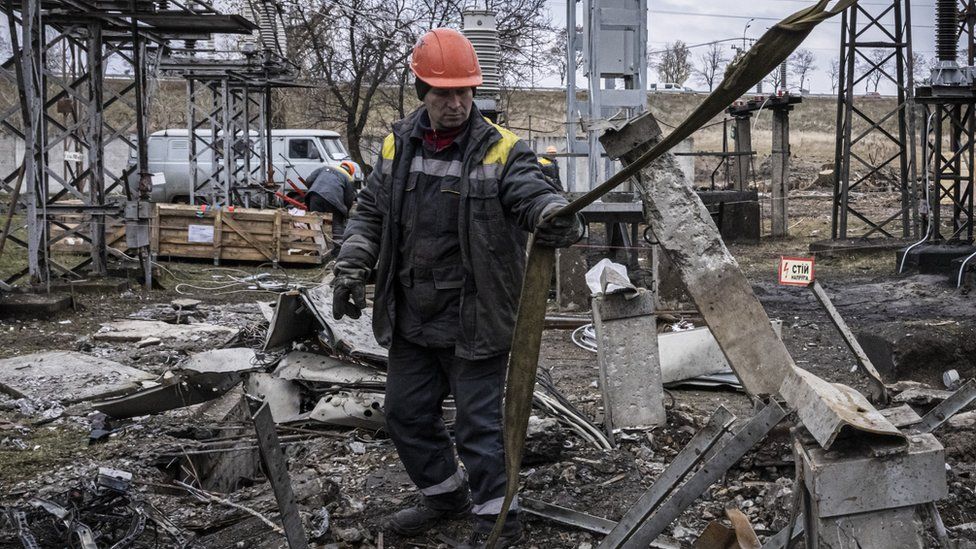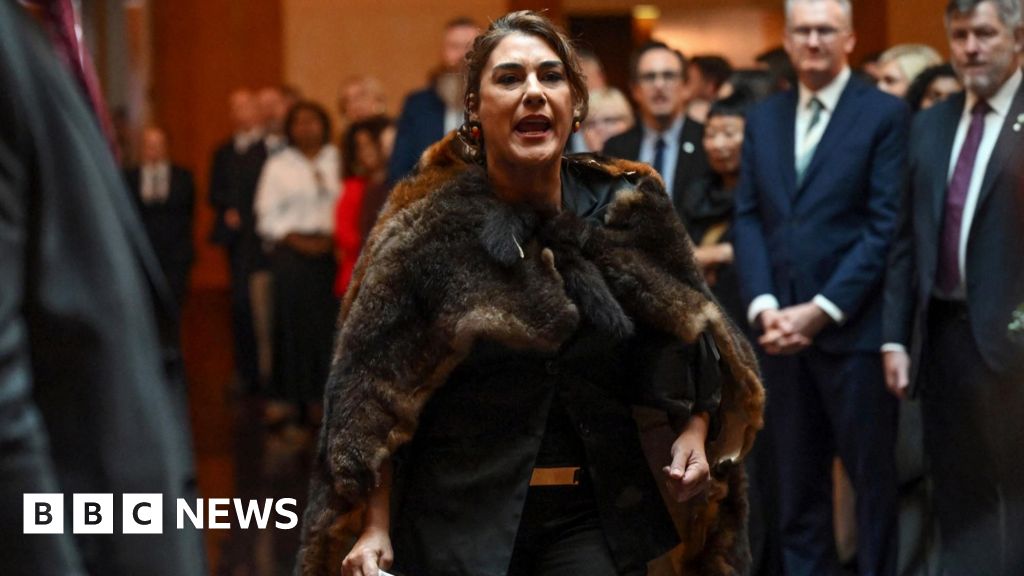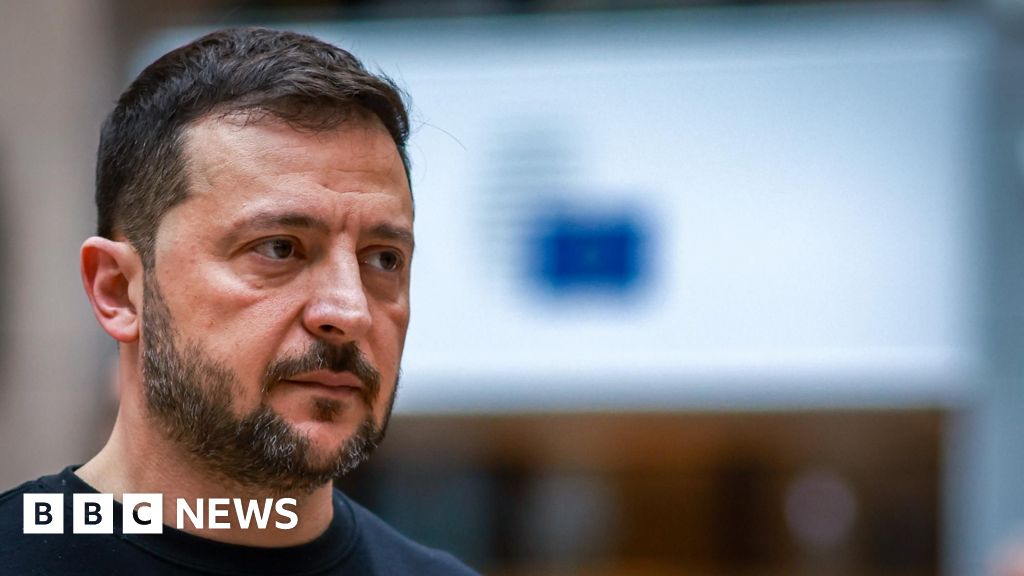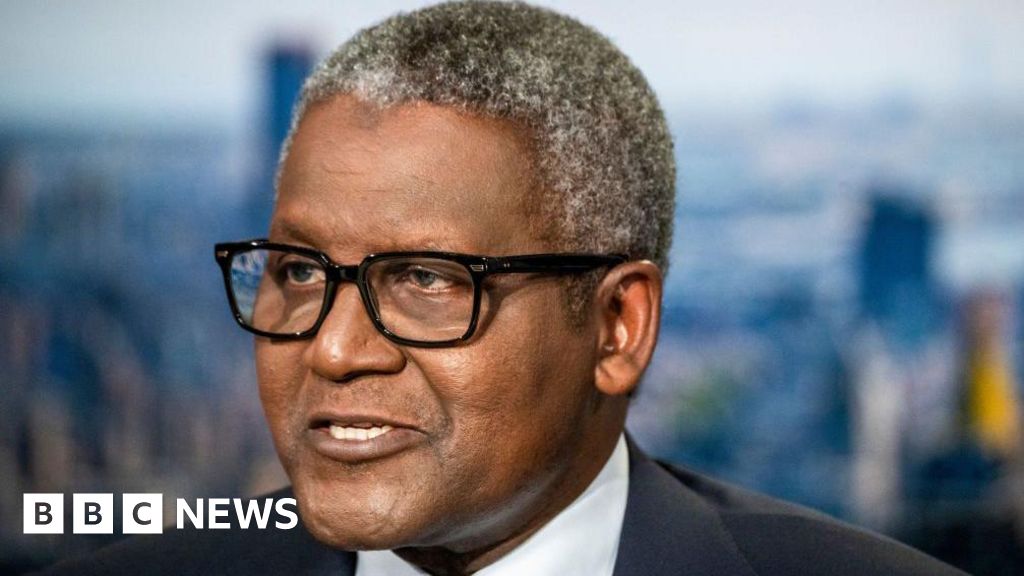ARTICLE AD BOX
 Image source, Getty Images
Image source, Getty Images
Ukraine's power stations have been targeted by Russian missiles
By Peter Hoskins
Business reporter
Australian mining billionaire Andrew Forrest has launched a fund that is hoped to be worth at least $25bn (£21bn) to help rebuild war-torn Ukraine.
Mr Forrest and his wife have committed $500m to the fund, which its organisers hope could eventually grow to $100bn.
The Ukraine Green Growth Initiative says it plans to invest in primary infrastructure such as energy and telecoms networks.
President Zelensky welcomed the move.
"We will take advantage of the fact that what the Russians have destroyed can readily be replaced with the latest, most modern green and digital infrastructure," Mr Zelensky said.
The fund said it had been working with Larry Fink, the chairman of investment giant BlackRock, and hopes to gain the support of sovereign wealth funds and other professional investors.
Since starting work on the fund in early March, Mr Forrest said he had discussed the plan with a number of world leaders including US President Joe Biden, then-UK Prime Minister Boris Johnson and European Commission President Ursula von der Leyen.
"The president [Zelensky] sees that as an opportunity to completely replace old coal-fired [and] nuclear power stations with brand new green energy," Mr Forrest told the BBC.
"That capital would be available the instant that the Russian forces have been removed from the homelands of Ukraine," he added.
Mr Forrest made his fortune from Australia's mining boom. He is the founder and executive chairman of iron ore giant Fortescue Metals.
In recent years he has turned his attention to sustainable technology, with initiatives to decarbonise his mining operations and become a major producer of green hydrogen.
Rebuilding Ukraine
The Russian invasion of Ukraine has seen large parts of the country's infrastructure destroyed or damaged.
Recent Russian missile attacks have targeted Ukraine's energy network including its electricity generation plants.
In July Ukrainian Prime Minister Denys Shmyhal said it would cost $750bn for the country to recover from the war, which had caused $100bn of direct damage to infrastructure.
Image source, Getty Images
Image caption,Australian mining tycoon Andrew Forrest
This week Russia angrily rejected international calls for it to pay for war damage it has inflicted in Ukraine.
It came after the UN General Assembly passed a resolution saying Russia should face the consequences of its actions, including paying reparations.
General Assembly resolutions carry symbolic weight but do not have the power to enforce compliance.
The Kremlin said it would work to stop the West seizing its international reserves to pay for reparations.
You may also be interested in:
Watch: President Zelensky meets crowds in Kherson after Russia withdrew

 2 years ago
18
2 years ago
18








 English (US)
English (US)